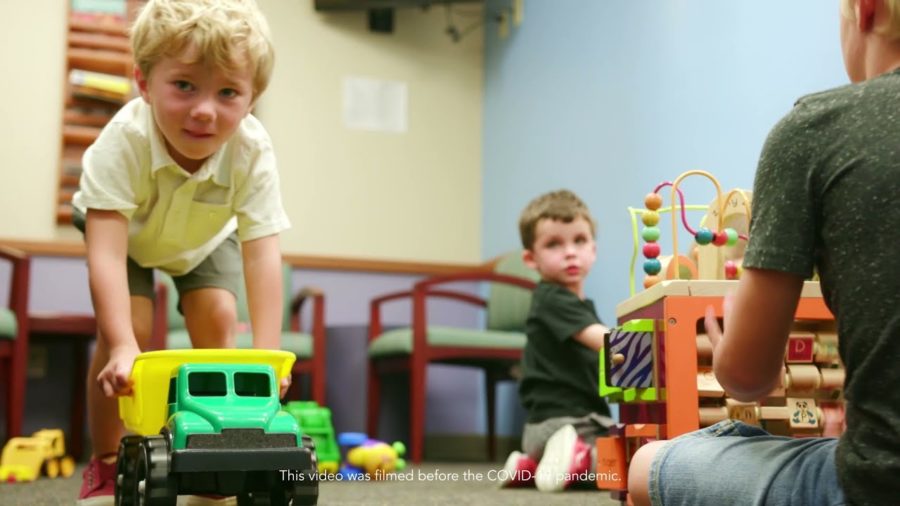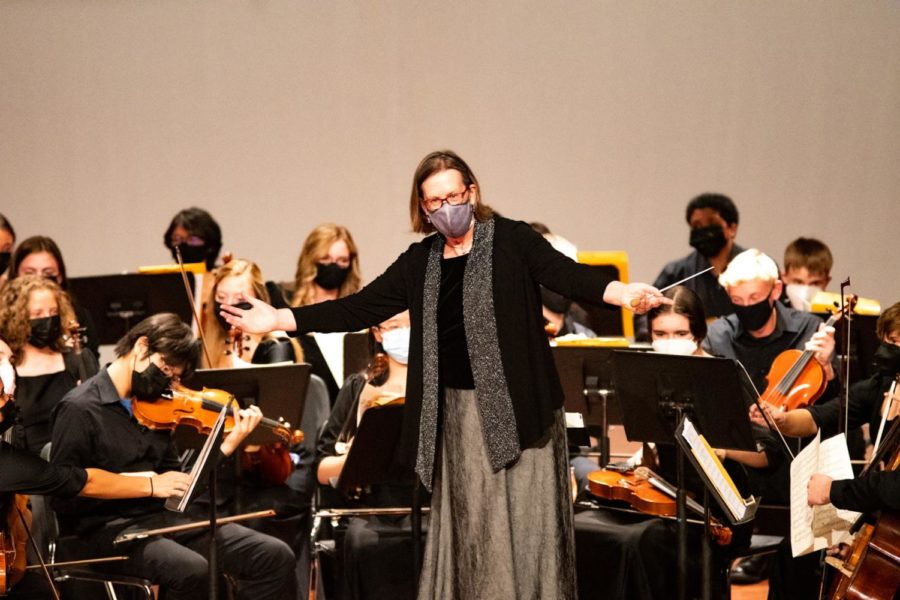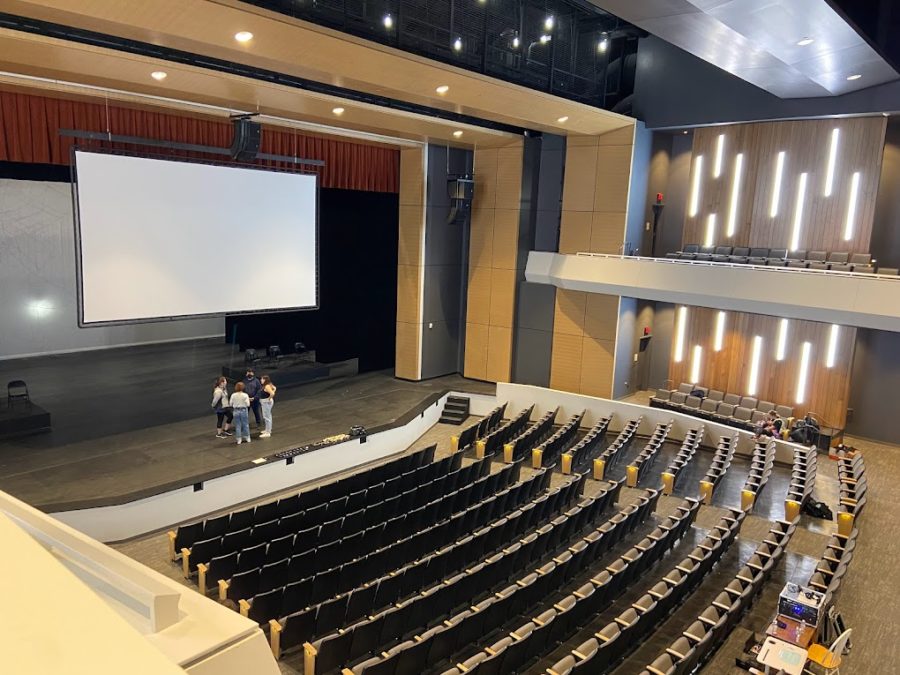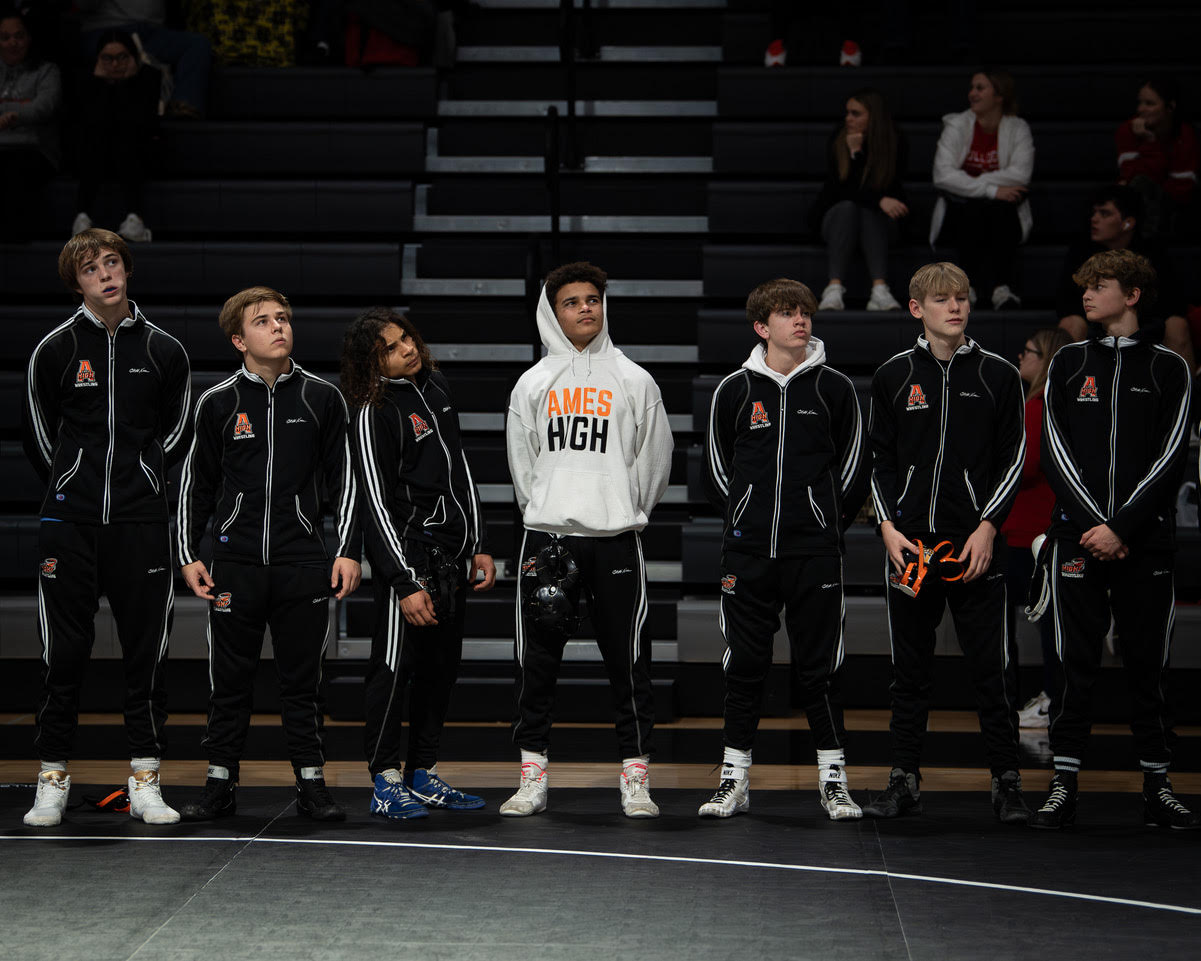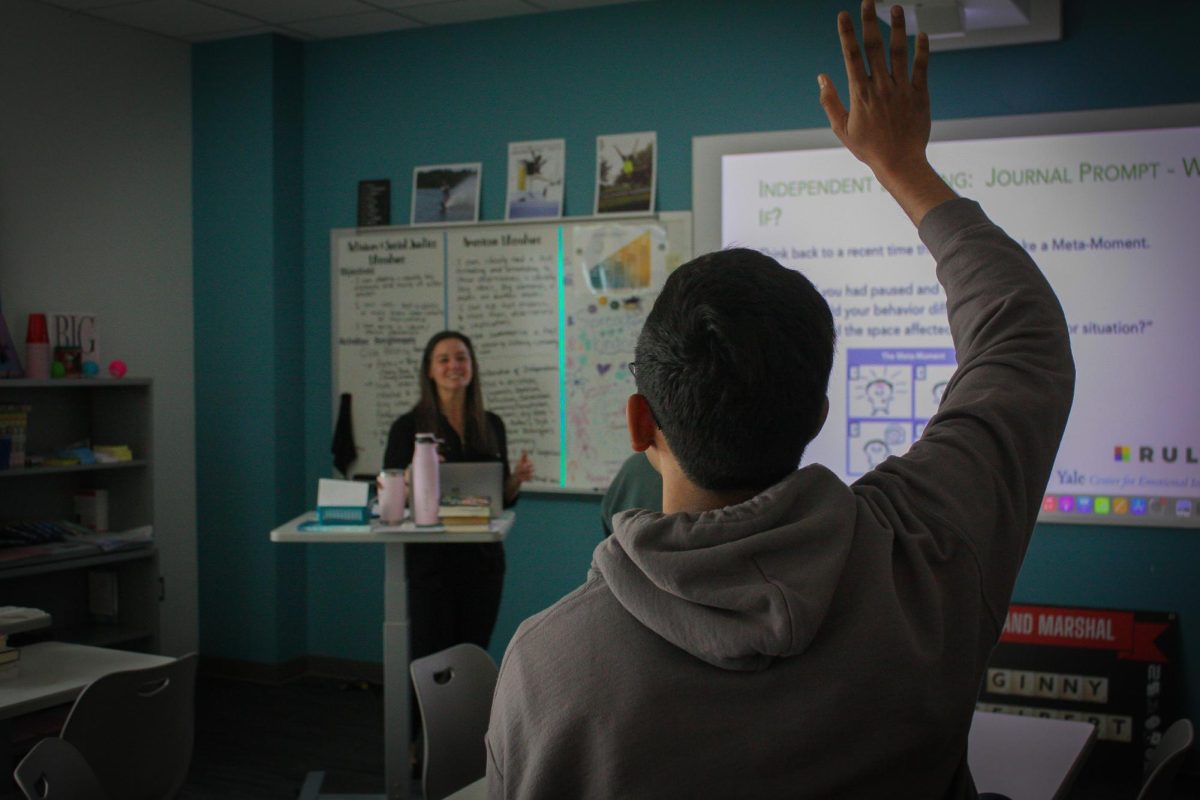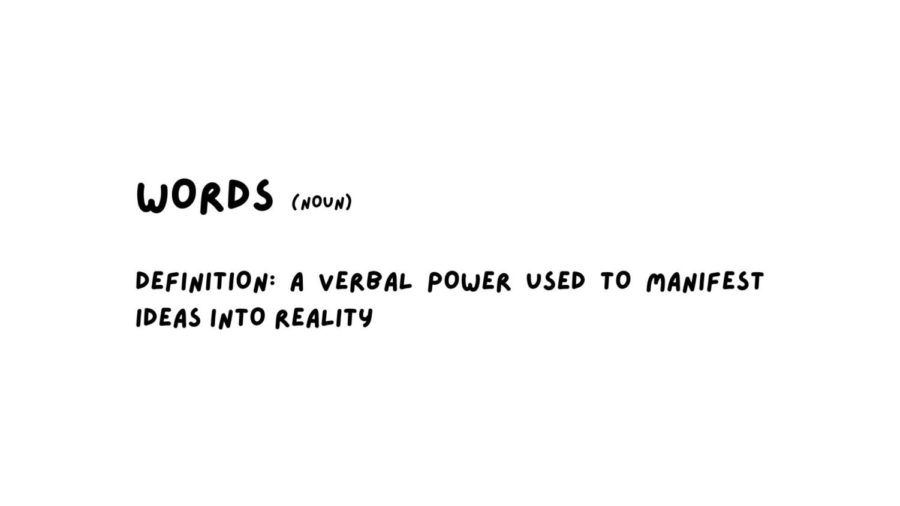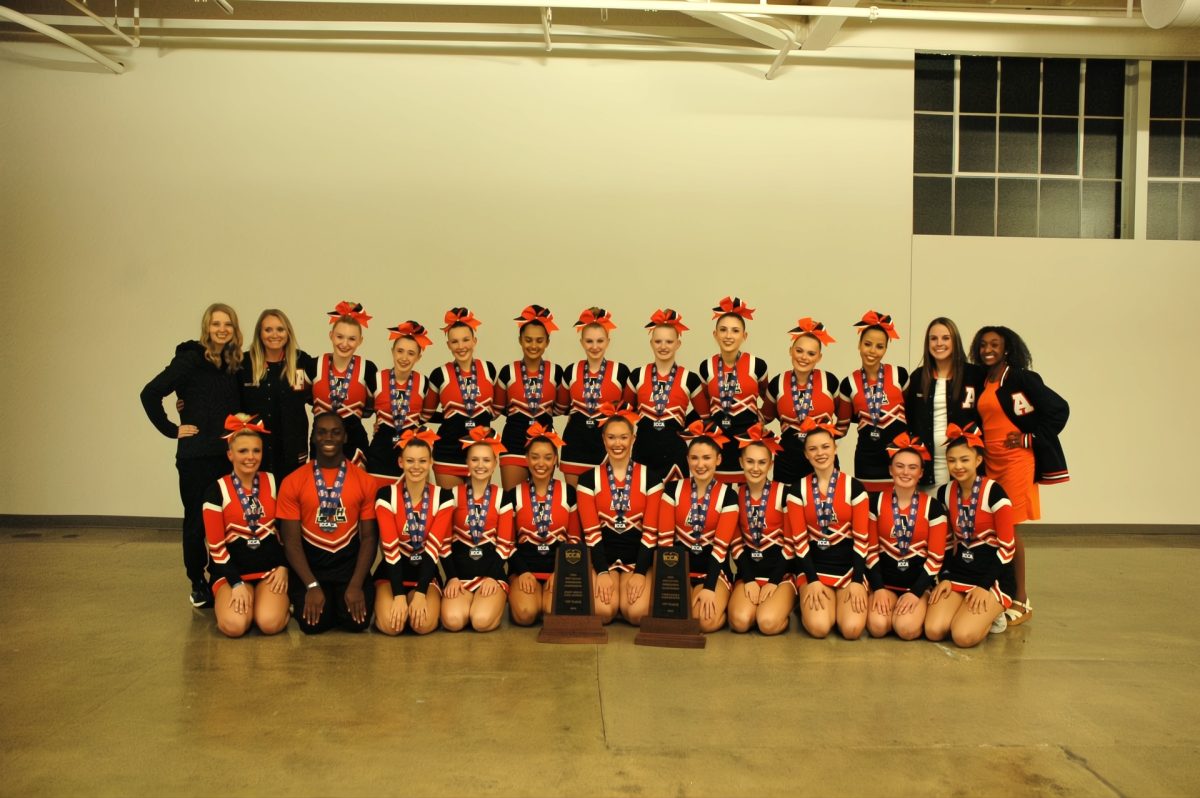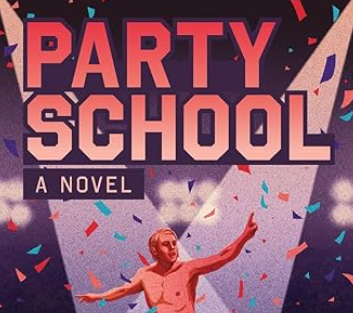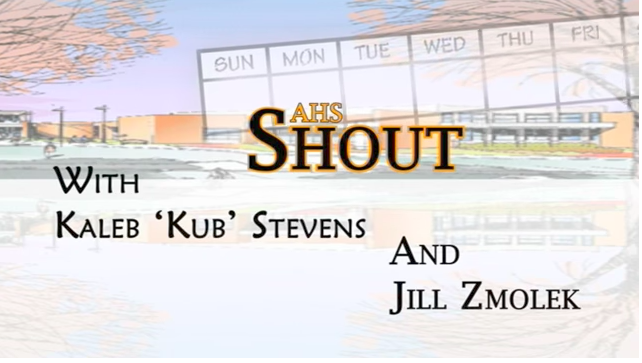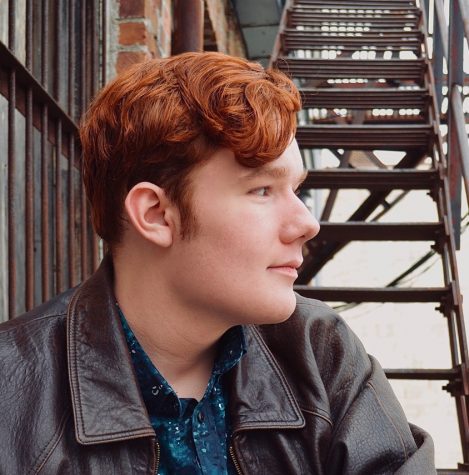In Defense of Black Lives Matter Week
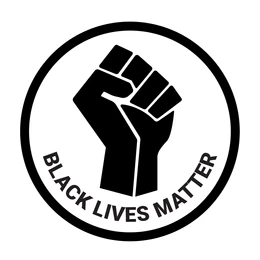
“Those who forget history are doomed to repeat it,” that’s how the saying goes, right? But what’s worse than simply forgetting the lessons the past has taught us? In my opinion, there’s no greater misstep than actively trying to silence those lessons.
During the first week of February, our school district began a 5-day “Black Lives Matter” curriculum in honor of Black History Month. This involved teachers and out-of-district guest speakers incorporating activities surrounding Black culture and history into their regularly scheduled lesson plans. This all culminated in students having the opportunity to sign up for two “mini-conferences” on the Friday of that week. There were several conferences available involving a wide variety of topics ranging from traditional historical events to more modern social issues.
Before, during, and after the “Week of Action,” Ames Community School District faced some vocal opposition and criticism from parents and community members alike. Eventually, even state lawmakers voiced their scrutiny against the curriculum. More recently, a seemingly reactionary bill banning certain topics included in diversity training and school curriculum passed in the Iowa Senate. This, to me, is absurd. This bill feels like less of an attempt to regulate education and more of a subtle effort to control the messages that are being presented to children in school.
Some parents took issue with the fact that the Black Lives Matter curriculum included topics involving LGBTQ+ issues within the Black community, claiming that these issues were either irrelevant to the topics being discussed, or were better suited being discussed in a different context. Another criticism involved the fact that some of the lessons tackled the topic of institutionalized racism in both government and society.
I take issue with both of these criticisms. Beginning with the first issue, the Black community is not a single group. It’s a wide range of people with many differences including but not limited to faith, gender, and sexuality. Believing that we should avoid these perspectives only diminishes the rich culture and diversity present within the Black community. Learning about these perspectives is learning about the people around us every day. From classmates to neighbors and even strangers on the street.
The next issue is institutionalized racism. It goes without saying that this is still a very real and prevalent problem even today and claiming otherwise is, in my opinion, ignorant and problematic. This is an issue that is already included in the standard curriculum of U.S. history and government classes. Somehow now seeing it as an issue when it’s brought to the forefront to address the challenges the Black community has faced throughout their history seems hypocritical to me. People are presenting it as if it’s part of some sort of “agenda,” when in reality it’s common historical and social context that we’re all already very much aware of.
When a week meant to learn about and celebrate the Black community during their national history month is met with harsh opposition and legal action taken against it, what does that say about the state of the society it’s being presented to? It seems to me that this education is even more needed than we initially thought, and trying to silence it in fear of making some people uncomfortable, in my eyes, is nothing but a step backward in progress.
Your donation will support the student journalists of Ames High School, and Iowa needs student journalists. Your contribution will allow us to cover our annual website hosting costs.

